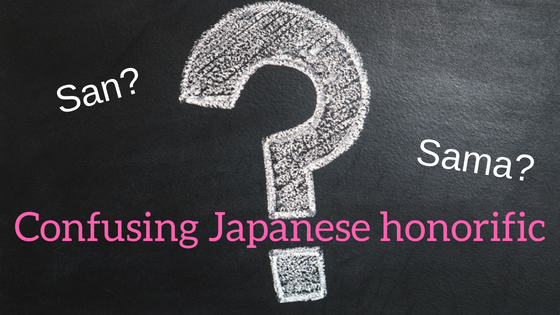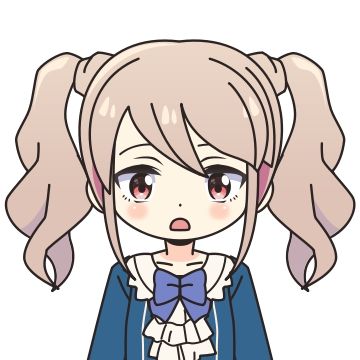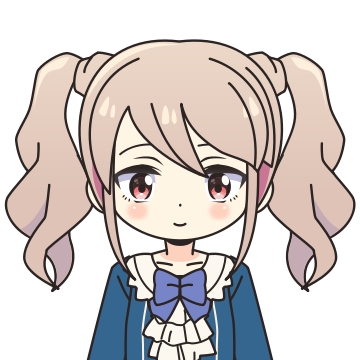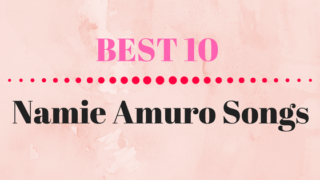I believe that many people must have got confused by Japanese honorifics when they have a conversation with Japanese people.
People sometimes use honorifics such as “Mr.” or “Ms.” in other countries, but the biggest difference is that Japanese people use honorifics much more frequently.
So if you have a chance to talk to Japanese people, it would be good for you to know about Japanese honorifics for smooth and better communication.
Japanese people usually use honorifics when they call each other, even they are very close, so if we get called only by name without honorific, we might feel uncomfortable because simply we don’t get used to such situation.
How to use Japanese honorifics?
You should know at least four major honorifics below. There are others, but these are very minor so you don’t have to worry about them.
| San | Most common, polite |
|---|---|
| Sama | Very polite. Especially use for client or customer |
| Kun | Casual. Basically for boy (and sometimes men). |
| Chan | Casual. Basically for girl (and sometimes women) |
You can learn more details from the table below.
| San | Sama | Kun | Chan | |
|---|---|---|---|---|
| Friend | △ | × | ◎ | ◎ |
| Colleague | ◎ | ○ | △ | △ |
| Boss | ◎ | ○ | × | × |
| Client | △ | ◎ | × | × |
| Kids | △ | × | ◎ | ◎ |
| Older People | ◎ | ○ | × | × |
As you can see, if you are not sure which honorifics to use, you should use “San”, then you are safe!
Interesting differences of honorific between English and Japanese
Both Japanese and non-Japanese people use honorifics, but there are many differences between them.
“Chan” is only for girl/woman?
For example, you can use “Chan” (which is usually used for women) to men , though it is very rare.
If you are a boss and he is a subordinate, or if two of you are very close friend, you can use “chan” to the man. Be careful because this sounds very casual and it might sound rude, so you should use “chan” to men only when you are very close.
Family name or First name?
English honorifics put only to family names. You don’t call someone like “Mr. John”. On the other hand, Japanese honorifics put both family name and first name.
So you can say: Suzuki-san (family name), and Hiroshi-san (first name).
Japanese honorifics are very complicated and there are many exemptions, so if you have a particular question, feel free to let me know from here!!










